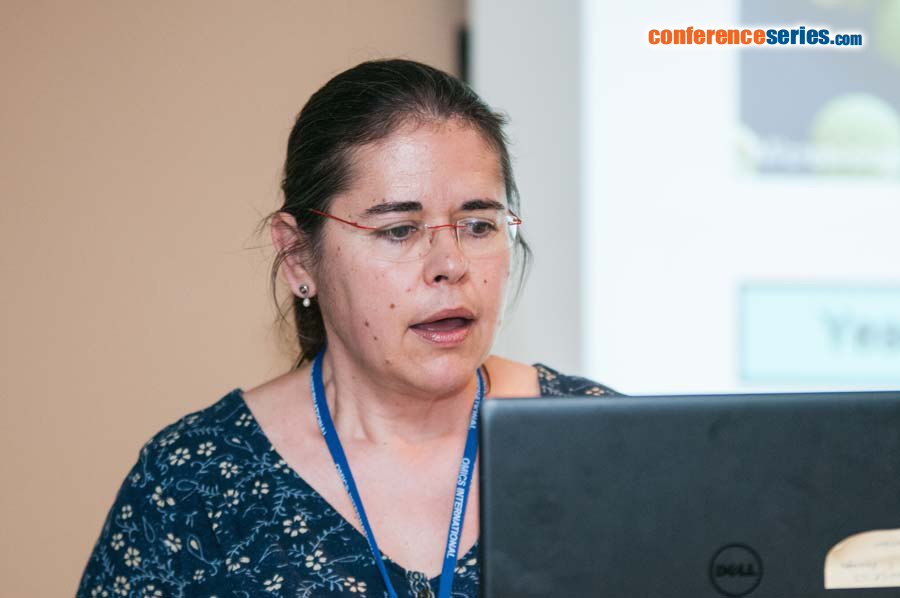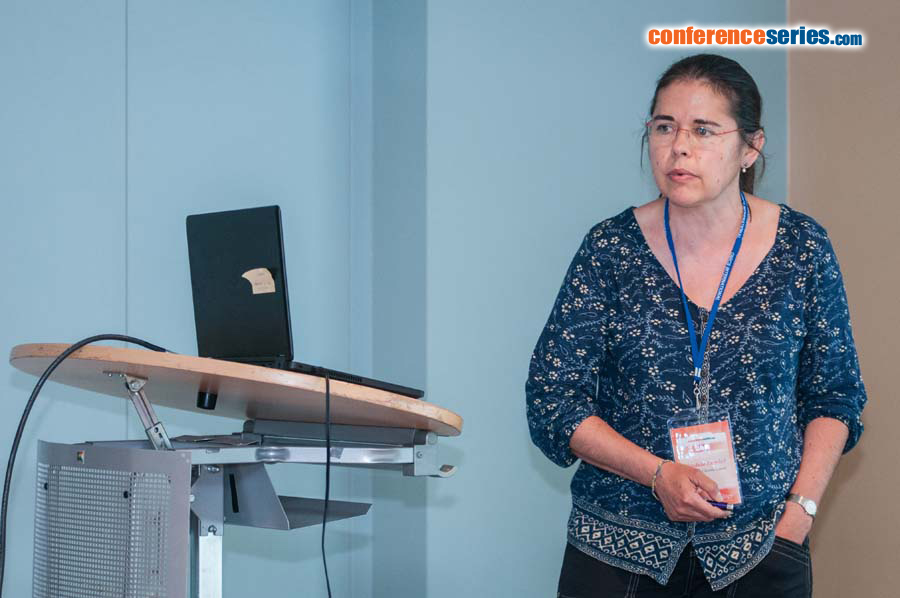Biography
Biography: Cordula Enenkel
Abstract
Proteasomes are key proteases in regulating protein homeostasis. During cell cycle progression, proteasomes exist as holo-enzymes in the nucleus and are engaged in the degradation of poly-ubiquitylated proteins. Proteasomes can be imported into the nucleus as mature or immature sub-complexes dependent on the growth conditions. Most of our body’s cells do not proliferate and remain in quiescence during aging. The transition from proliferation to quiescence is accompanied by significant metabolic changes and the rearrangement of sub-cellular structures. Proteasomes are exported from the nucleus into reversible and motile granules in the cytoplasm. Studies in quiescent yeast revealed that proteasome granules are not surrounded by membranes and rapidly resolve upon exit from quiescence. Proteasome granules either represent proteolytic centers for unwanted and toxic proteins or serve as storage compartments, thus names proteasome storage granules (PSGs). Their presence strengthens the resilience of quiescent yeast towards proteo and genotoxic stress and confers fitness during aging. The organizing principle of PSGs remains a mystery. We searched for proteins orchestrating PSG formation and performed high throughput microscopy screens in the yeast null mutant collection and GFP library. The hit genes involved in PSG organization are required for the regulation of nuclear transport, ubiquitin concentration, genotoxic stress and metabolic energy. We purified cross-linked PSGs and subjected them to mass spectrometry analysis. Our data suggest that PSGs mainly consist of proteins of the ubiquitin-proteasome-system and provide an interesting link between PSG formation and the availability of free ubiquitin.
Speaker Presentations
Speaker PPTs Click Here




